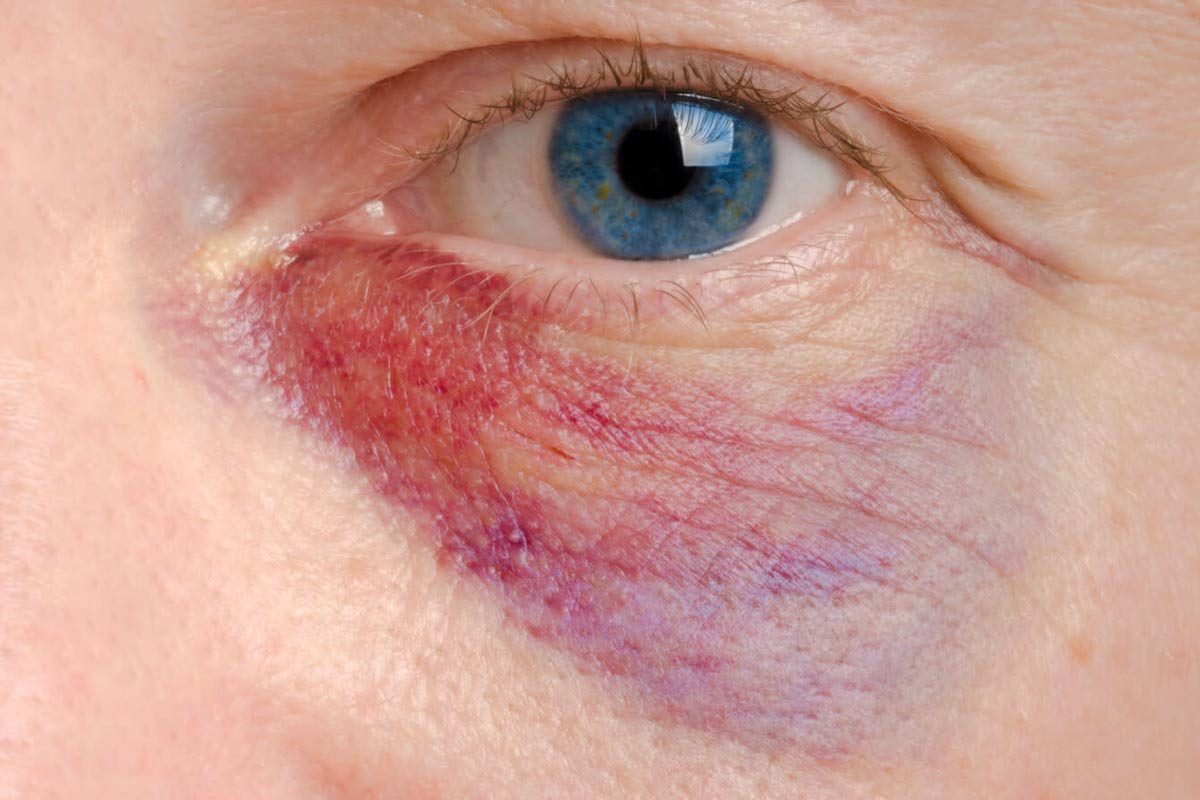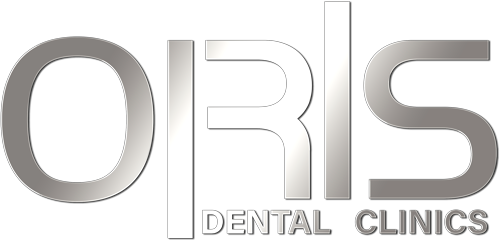Welcome to ORIS Dental Clinics in Richmond Hill, Ontario! Our dedication to providing excellent dental treatment extends to various services, including craniofacial trauma care. Furthermore, craniofacial trauma refers to injuries to the skull, face, and jaw frequently caused by accidents, falls, sports injuries, or other tragic incidents.
In this article, we will discuss its types, causes, symptoms, and the necessity of prompt treatment. Moreover, understanding the nuances is essential for immediate intervention and optimal recovery.
What is Craniofacial Trauma?
Craniofacial trauma refers to injuries to the head and face, including the bones and soft tissues. Moreover, these injuries can range from minor cuts and bruises to severe fractures or damage to essential structures, including the eyes, nose, mouth, and brain.
The Most Common Causes of Craniofacial Trauma
Several factors can lead to this condition:
Accidents
Motor vehicle accidents, falls and also workplace incidents are all common causes.
Sports Injuries
Contact sports and activities that pose a risk of facial impact increase the probability of Craniofacial injuries.
Violence
Physical altercations and acts of violence can result in severe trauma.
Industrial Accidents
Occupational mishaps, particularly in high-risk industries, can result in craniofacial injuries.
Craniofacial Trauma Types
Soft Tissue Injuries
These include cuts, bruises, and lacerations to the face and head.
Facial Fractures
Fractures can occur in facial bones, including the nose, jaw, cheekbones and also eye sockets.
Dental Trauma
This condition can also result in injuries to the teeth and adjacent structures.
Orbital Trauma
Trauma to the eye socket (orbit) can result in severe damage and vision problems.

Symptoms of Craniofacial Trauma
Depending on the severity and location of the injury, signs and also symptoms may vary. The following are examples of common indicators:
- Pain and Swelling: Pain and swelling in the affected area.
- Bruising and Discoloration: Visible bruises or changes in skin color around the face or head.
- Difficulty Breathing or Swallowing: Trauma-related obstructions or difficulties breathing or swallowing.
- Misaligned Facial Features: Changes in the alignment or appearance of facial features.
- Bleeding: Excessive bleeding from the nose, mouth, or cuts on the face.
The Importance of Prompt Treatment
Timely and appropriate treatment is critical for this condition . Moreover, immediate medical intervention can prevent additional injury, minimize complications and also optimize recovery.
In addition, our skilled dental professionals at ORIS Dental Clinics in Richmond Hill, Ontario, are equipped to manage craniofacial trauma cases with precision and care.
Treatment Options
Treatment varies depending on the extent and type of injury. For example it may include:
Surgical Intervention
Surgical repair of fractures, repositioning of displaced bones, or reconstruction of damaged areas.
Oral and Maxillofacial Procedures
Specialized oral and maxillofacial procedures to treat dental trauma and also associated injuries.
Orthodontic Treatment
Restoring the proper alignment and function of the teeth and jaws through corrective measures like orthodontic treatments.
Contact ORIS Dental Clinics for Treatment of Craniofacial Trauma
You must seek immediate medical attention if you or a loved one has experienced craniofacial trauma. Furthermore, we emphasize your well-being at ORIS Dental Clinics and are committed to providing timely and expert care. So, call us today for an appointment or visit our Richmond Hill, Ontario clinic for comprehensive craniofacial trauma evaluation and treatment.
In addition, remember that early intervention and proper care can make a substantial difference in recovering after craniofacial trauma. Your oral and overall health are our highest priorities at ORIS Dental Clinics.




